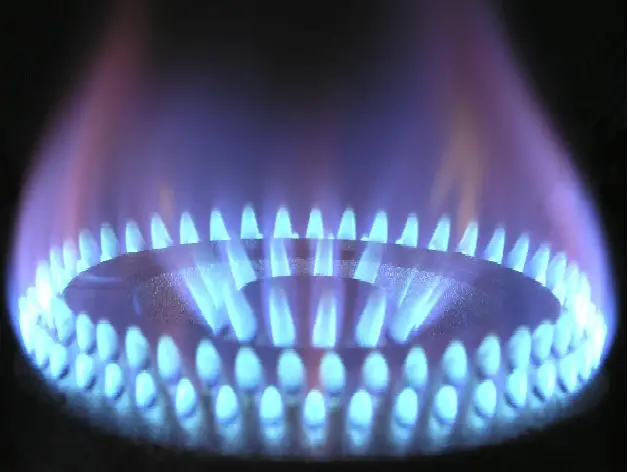On Friday, Reuters reported that the EU is facing a renewed energy crisis this winter due to the fact it has not contracted enough long-term supplies of natural gas to replace the discontinued pipeline supplies it had previously purchased from Russia. Additionally, prices are likely to rise significantly next winter in large part due to rising demand from China.
Last year the EU had managed to reduce its dependency on Russian supplies by increasing its imports of Liquid Natural Gas (LNG) to 121 million tons, marking a 60% increase compared to 2021, according to the report.
Much of those supplies were purchased on the spot market, where LNG prices are significantly higher, compared to the prices offered in long-term contracts. Last year, LNG prices rose by more than 300%, as the EU spent more than $190 billion on the supercooled fuel, according to the International Energy Agency.
The EU accounted for more than one third of the global spot market in 2022, where as in 2021 it only accounted for 13%. Analysts have predicted this could rise as high as 50% this year, if the bloc is unable to secure more long-term supply contracts.
Morten Frisch, senior partner at Morten Frisch Consulting, says the EU should look to secure roughly 70-75% of its fuel supplies through long-term sales and purchase agreements (SPAs).
He added, “But since the green lobby in Europe has managed to persuade politicians wrongly that hydrogen to a large extent can replace natural gas as an energy carrier by 2030, Europe has become far too reliant on spot and short term purchases of LNG.”
Meanwhile Europe is starting out in the race to secure supplies behind the Asian buyers of LNG, particularly China, which has moved aggressively to secure its share of the limited global supply in preparation for its strong rebound out of its pandemic era lockdowns.
Victor Tenev, an LNG business consultant at consulting company ROITI said, “EU companies would need to act first by signing a series of large-scale, long-term SPAs based on the Chinese model, to hedge themselves against any ups and downs of the turbulent global LNG market.”
Tenev concluded, the EU still has a long ways to go to fully replace its lost Russian pipeline supplies, especially given it will not have any access to Russian pipeline gas to replenish its reserves over the summer. That will leave the EU at risk of having to once again enter the “damagingly” expensive spot markets this winter. The resulting price spikes could make the energy crisis of last winter seem mild.

